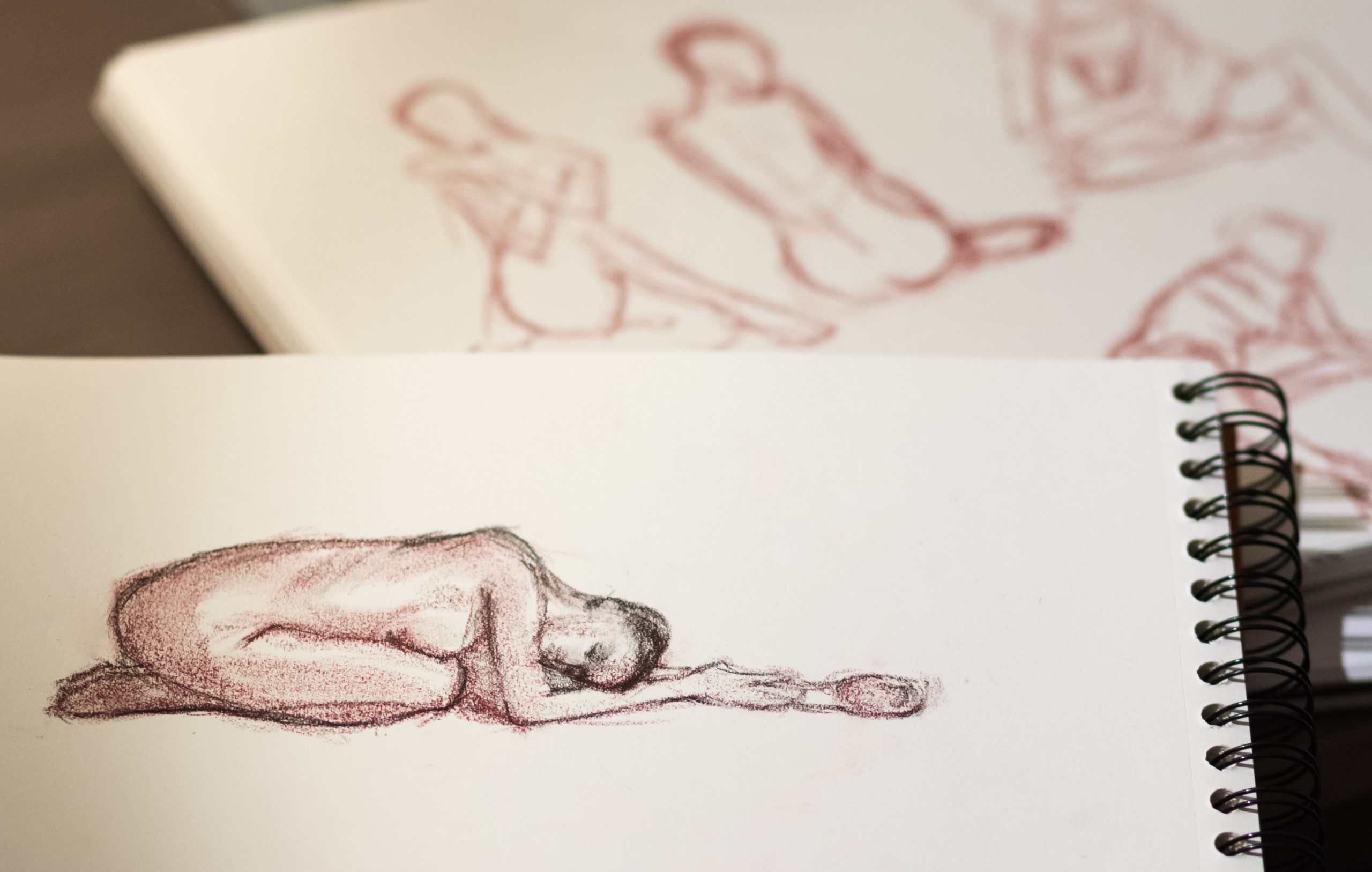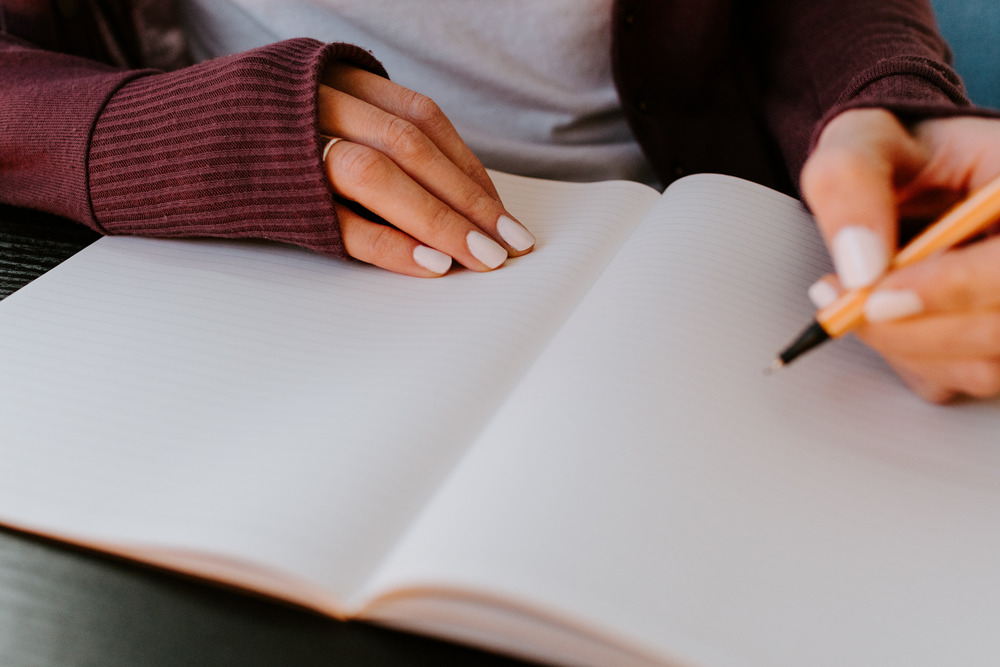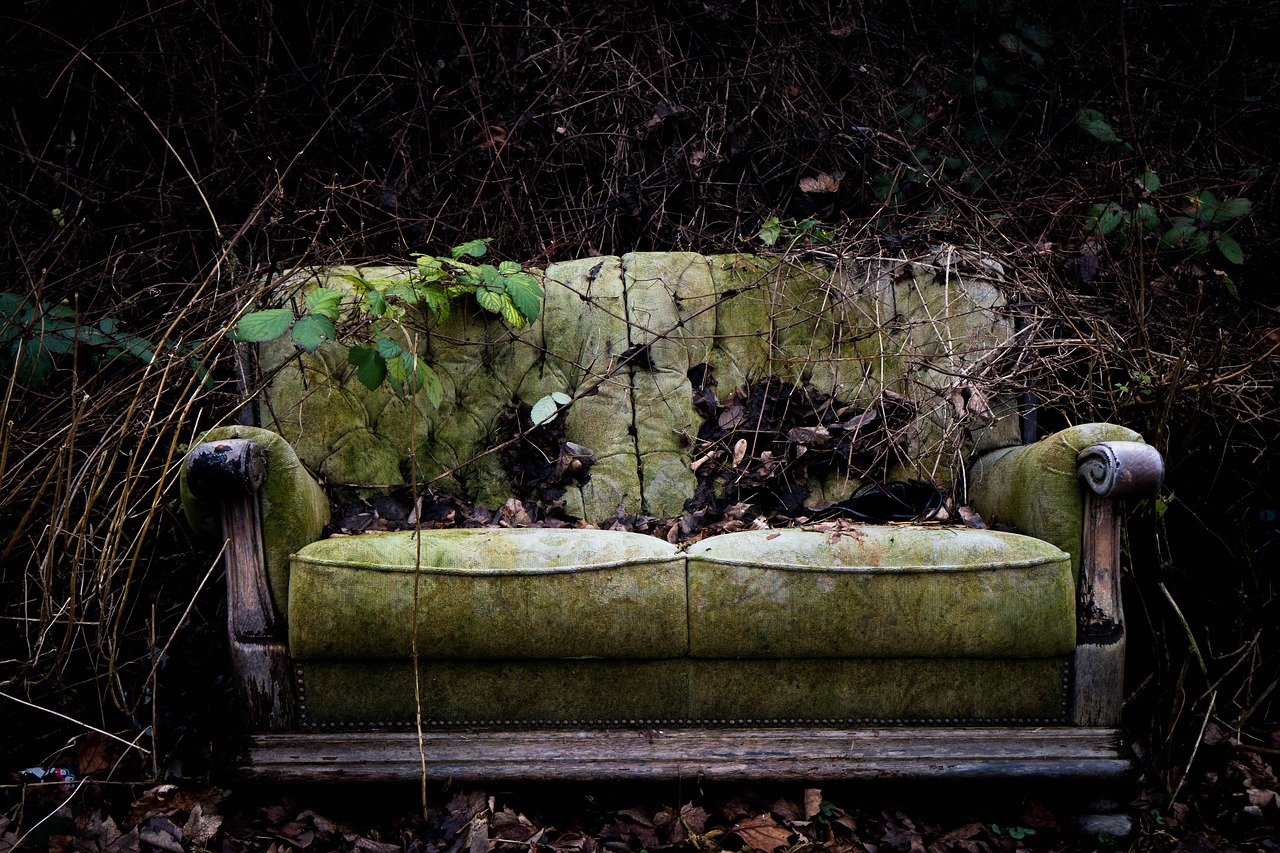Craft
This Year, Ask Yourself What Kind of Writer You Want to Be
Jami Attenberg's advice for starting a new project, making a choice, and tending to your creative self

I find the idea of starting something new thrilling. I have learned to embrace the fear that comes along with it. Every time I sit down to begin a project, I always think about those people who go to Coney Island on New Year’s Day—the members of the Polar Bear Club—for a swim. In the chilly sunshine, they rip off their clothes and run into the water. How do they find the courage? I’m sure they don’t think about it too much. You just have to go for it. Don’t psych yourself out. It’s going to sting no matter what—but you’ll feel great afterwards.
When I start a book from scratch, not one page is typed. There are just a few ideas kicking around in my head, some handwritten notes. Usually there’s this sort of vaguely plump feeling in my brain whenever I think about the characters, where they are, mixed with this hazy notion of their conflicts, external and internal both. I think: How the hell am I going to do this again? Go from zero to hundreds of pages.
But I’ve learned to transform the nerves into enthusiasm for the most part. My approach is: “I get to write a novel” versus “I have to write a novel.” And I think about what I desire. What kind of stories I want to tell, what voices I want to give life to in the world.
You may be starting a new project, too. Now might be a good time ask yourself why you want to write it, and what kind of writer you want to be.
You just have to go for it. Don’t psych yourself out. It’s going to sting no matter what—but you’ll feel great afterwards.
And there may be some of you who are trying to finish long-term projects. Dusting off drafts that have been sitting in drawers or trying to push through to the end of something you’ve been toiling on for years. This book can feel heavy in your mind. There are all kinds of feelings already attached to this work from your personal history. You may be thinking to yourself: Why haven’t I finished this already?
Don’t talk yourself out of it. Ask yourself instead: why do I want to finish it?
Whatever happened before this moment is irrelevant. We tear off our clothes and race down the sand to the icy cold water. We embrace the sting. To show ourselves we can. We start anew on our work, together. We just have to try.
I believe in you. You can do this. Now let’s begin.
What Do the Words Do for You?
The words do so many different things for people. If your writing is for comfort, let it comfort you. If your writing is for process, let it be for process. If your writing is to change your life or even the world, let that change roll. If your words are a war cry, for the love of God, please howl.
I know what the words do for me: for an hour or two, when I write, it’s a place I can go to feel safe. It has always worked that way, ever since I was a child. The safety of a sentence. The sensation when I push and play with the words is the purest I will ever feel. The calm space of my mind. I curl up in it. I love when sentences nudge up against each other, when I notice a word out of place and then put it in its correct spot. I can nearly hear a click when I slot it into place. I love making a sentence more powerful, more dramatic or moving or sad, and I love when I make a sentence quiet enough that I can almost hear the sound of my own breath. More than anything, I love when a sentence makes me laugh.
Now might be a good time ask yourself why you want to write it, and what kind of writer you want to be.
The words light up on the page, showing me what to do, where they want to go. They have always been my best friends in the world. All I need is for a few of them to show up. To soothe me.
Yes, yes, it is different for everyone—but we are all still here together. I can only speak of my particular intimacy and hope to connect with you. That’s what writing is: our particular intimacies. I offer up the idea of the safety of a sentence for you right now, the possibility of a place to put yourself, to put your heart. A place to rest for a while from these feverish days.
Today, before you begin your writing, ask yourself: what do the words do for you?
Make a Choice
We often wonder how to know if we’re making the right choice creatively when there are so many possibilities. I understand fear. I understand caution. But at some point, we must shake off the indecision and just move forward with our work. Choose your project. Choose your sentences. Choose your ideas. Choose your ending. It’s your trip and no one else’s.
If you want something, do what it takes to get it. If you decide not to pursue a path, accept your choices.
If your biggest dream was to write for television, you wouldn’t say things like, “I should really write a television pilot.” Instead you would say, “I am writing a television pilot,” and you would get up an hour earlier every day to work and you would lock yourself in your house on the weekends, also to work, and you would read those television writing books and you would buy that impossible software program and you would join a writing group or make friends with someone else who wanted to write for television and you would swap scripts and give each other feedback and go out and get drunk one night and toast each other for being brilliant (and maybe there would be some sort of awkward sexual chemistry between you but that’s your business and not mine) and then you would try and find an agent and then who knows what happens next? But this would be you in fact doing enough to try and achieve this goal.
But what if you don’t do it? Are you the kind of person who lives your life mired in regrets or are you the kind of person who makes your decisions and moves on with them? Can you see the fact that you are not doing these things as choices you are making, to make room for the things you can and want to do? The people doing all the things you want to be doing, for the most part, no one is doing the work for them, no one is handing it to them on a plate.
Certainly, some of them have generational wealth or connections or are over-achievers, but most of them are worker bees like the rest of us, buzzing about the giant hive of creativity. We cannot envy them for trying. We should look to them as role models, instead.
If you want something, do what it takes to get it. If you decide not to pursue a path, accept your choices.
Valuing Your Creativity
It’s important to value your creative self and what it can give you. I don’t think you can be your best without that. We love our friends, we love our family, our partners, too: there is a system of mutual support there. We need these relationships to be healthy and whole. But to feel fulfilled we also need our relationship to be healthy with our creative self. We do this by paying attention to the conscious choices we make to benefit our ideas and artistic output, and what we gain from producing our work. We won’t be as happy as we could be without engaging with that side of ourselves.
Your creative self is comprised of your brain, your heart, and your time. To protect your creativity, you must tend to them all.
I am always excited about witnessing how the creative mind works, both in myself and in my peers. How it solves problems even when we aren’t even necessarily thinking about them. And how it operates beyond our conscious control to give us what we need. It is intimate, the relationship we have with our creative self. It is purely for us and no one else.
Your creative self is comprised of your brain, your heart, and your time. To protect your creativity, you must tend to them all.
The creative self looks out for us—if we look out for it. If we do our work, invest our time in ourselves and our art and our imagination, keep our mind clear for stretches of time just to rest it, balance ourselves between blankness and stimulation, get enough sleep, read, write, think. If we honor that thing that provides us with so much, it just might help us out one day. After the rain stops, it shows up. Quietly slips a solution to a plot problem into your head, for example, and cracks open the narrative of your book. Makes us feel good and sunny and proud and able to communicate with the world.
Are you caring for yourself, the deep, intimate creative self? Are you giving it the nurturing it deserves? The goal is to always be getting closer to the creative self.
Respecting your creativity is respecting yourself.
Excerpted from 1000 WORDS: A Writer’s Guide to Staying Creative, Focused, and Productive All Year Round. Copyright © 2024, Jami Attenberg. Reproduced by permission of Simon Element, an imprint of Simon & Schuster. All rights reserved.









